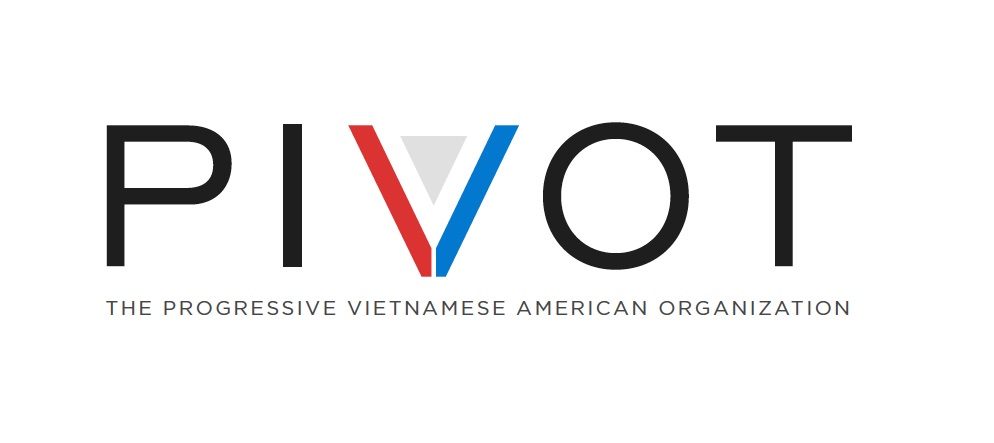August 12, 2019
Jacqueline Thanh, Executive Director of VAYLA
Originally published in The Advocate and republished here with permission from the author.
In February, a group of Vietnamese refugees stood outside a New Orleans City Council meeting and, alongside their American-born neighbors, protested a proposed gas plant that would emit toxic pollution and cost taxpayers $210,000,000. Four months later, a judge delivered a verdict: The plant would not be built.
This was just one of the obstacles our local Vietnamese refugees had surmounted — from fleeing war in the 1970s to rebuilding their neighborhoods after Hurricane Katrina. Now they’d made the city a safer place for everyone. Which didn’t surprise me. As the American-born child of Chinese-Vietnamese refugees, I’ve long known the power and resilience of people forced to flee their homes. As executive director at VAYLA, a community organizing nonprofit that empowers youth and families around social justice, I see the New Orleans Vietnamese population of about 14,000 demonstrate its love for the city every day.
Which is why we should all be concerned that President Donald Trump is reportedly considering cutting refugee admissions to zero. He’s been open about his intent to reduce the number of refugees resettled here in the United States; previously, he lowered the cap to just 30,000 for 2019, the lowest number in more than 40 years. And we’re already seeing the impact in Louisiana. In 2018, just 28 refugees were resettled here in the state, down from 84 refugees in 2017 and 173 refugees in 2016.
This is a horrible course of events for New Orleans. Vietnamese refugees in the Big Easy have spent decades working in the seafood industry, as fishers and in processing plants. Even after the Deepwater Horizon oil spill in 2010, when the industry declined and many lost their jobs, they stayed rather than move away in search of new opportunities. And they demonstrated their commitment to improving conditions in our area by forming the Veggi Farmer’s Cooperative. Today, their food co-op provides fresh produce to many of the local markets and restaurants.
In addition to supporting local eateries, many refugees and their children are also small business owners themselves. The James Beard Awarding-winning Dong Phuong Bakery, which supplies bread to many of the local restaurants, is well-known throughout the city. People travel from all over for their take on the New Orleans classic: king cake. And Namese, a Vietnamese restaurant in Mid-City, offers a Vietnamese twist on the city’s beloved po-boy.
These contributions help bolster our status as a top tourist destination. In 2018, New Orleans welcomed 18.51 million visitors, a 4.29% increase from 2017, who spent $9.1 billion here. Immigrants — who account for 12.2% of those who work in the local tourism, hospitality and recreation industries, according to the bipartisan nonprofit New American Economy — helped make that possible.
Refugees make important contributions across the country, too. Nationally, refugees earn more than $77 billion in household income, pay almost $21 billion in taxes, and fill shortages in fields like health care and manufacturing, according to NAE. They also start businesses at a higher rate than the U.S.-born population: 13 % compared to 9 %. Today, our country has more than 180,000 refugee entrepreneurs whose businesses generate $4.6 billion a year.
Of course, reducing the number of refugees we admit — let alone ending our resettlement program — is a violation of our nation’s humanitarian values. Had it not been for U.S. refugee policy, my parents wouldn’t have been able to escape the destruction of the war all those years ago, giving me the opportunity to become our family’s first college graduate. New Orleans is proof that if our president really wants to strengthen our country, he should be welcoming refugees with open arms.
Jacqueline Thanh is the executive director of VAYLA, a community organizing nonprofit that empowers youth and families around social justice in New Orleans.
